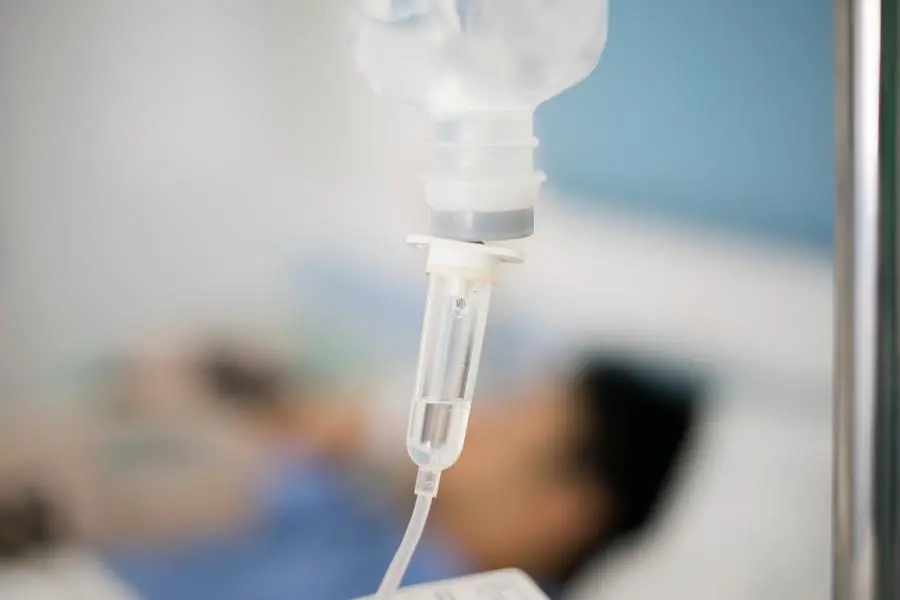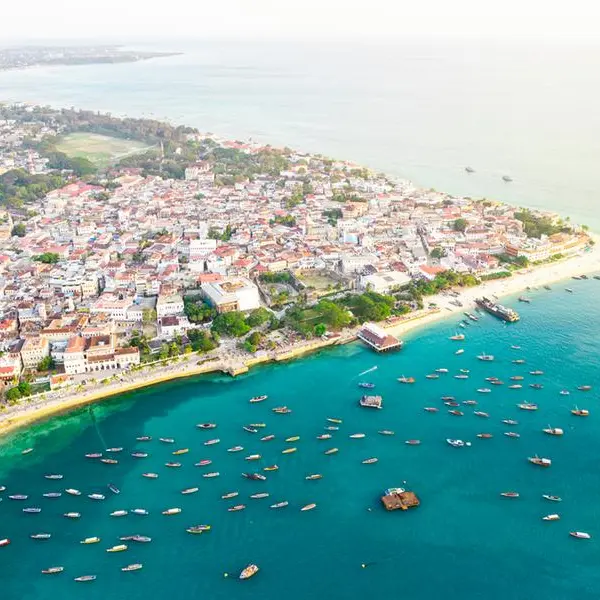PHOTO
People in their 30s and 40s – the ones who seem too young and healthy – are now being diagnosed with cancer, a disease that is often associated with age.
This observation again came into light as the 42-year-old Kate, Princess of Wales, said on Friday she has cancer and is undergoing chemotherapy, following her hospitalisation in January for an unspecified abdominal surgery.
One of the most common risk factors for cancer is age — with the average age of diagnosis at 68 years old. Recent studies, however, have revealed a dramatic increase in cancer among adults younger than 50.
Below 40
In the UAE, breast cancer, thyroid cervical cancer and colorectal cancer are the common types of cancer, Dr Sara Al Bastaki, colorectal surgeon at Mediclinic Dubai, told Khaleej Times.
She also underscored 22 per cent of the UAE ’s colorectal cancer patients are below 40 years old.
This is the same trend around the world as more than a dozen type of cancer are reportedly increasing among adults aged 50 and below. In the US, colorectal cancer has become the leading cause of cancer death among men under 50, while it has become the second leading cause of cancer death among American women.
Although the rise varies from country to country and the type of cancer, experts say the number of early-onset cancer will increase by around 30 per cent until 2030.
According to one study, 14 million people are diagnosed with cancer worldwide each year; and about 300,000 of them are children or adolescents below 19 years old.
Genetic clues
Dr Al Bastaki enumerated the following factors that contribute to having cancer at a young age.
- Genetic factors mutations in the gene can increase the risk of certain types of cancer, even at a young age.
- Exposure to carcinogens such as tobacco smoke, radiation, pollution can also increase cancer risk.
- Poor diet, lack of physical activity, excessive alcohol consumption, and smoking are big risk factors
- Being overweight or obese is also associated with an increased risk of several types of cancer, including breast, colorectal, and pancreatic cancer, among others.
- Stress is another factor as it may weaken the immune system and contribute to inflammation, potentially increasing the risk of cancer development.
Increase and decline
Although the incidence of cancer has increased among younger people, there has been a decline in deaths owing to cancer, thanks to new treatment options as well as increased early screening and decreasing rates of smoking.
Early screening is actively promoted in the UAE, noted Dr Al Bastaki. “We are one of the first countries around the world to start early screening of breast cancer and colorectal cancer at the age of 40,” she highlighted.
The American Cancer Society urged people to be screened for colorectal cancer starting at age 45, rather than the previous recommendation of 50.
Globally, experts and advocates are pushing for early screening. High-profile cases — such as the untimely death of popular American actor Chadwick Boseman, who passed away from colon cancer at the age of 43 in 2020 — are prompting many to take precautionary steps.
How to reduce cancer risk?
Dr Al Bastaki gave the following advice:
- Maintain a healthy lifestyle by eating a balanced diet rich in fruits, vegetables, whole grains, and lean proteins. Limit consumption of processed and red meats, sugary drinks, and high-calorie, low-nutrient foods.
- Engage in regular physical activity and maintain a healthy weight which also reduces stress.
- Do not smoke or use tobacco products, and avoid exposure to secondhand smoke.
- Limit alcohol consumption
- The most important point is screening and early detection as it can lead to more effective treatment and better outcomes.
Copyright © 2022 Khaleej Times. All Rights Reserved. Provided by SyndiGate Media Inc. (Syndigate.info).




















